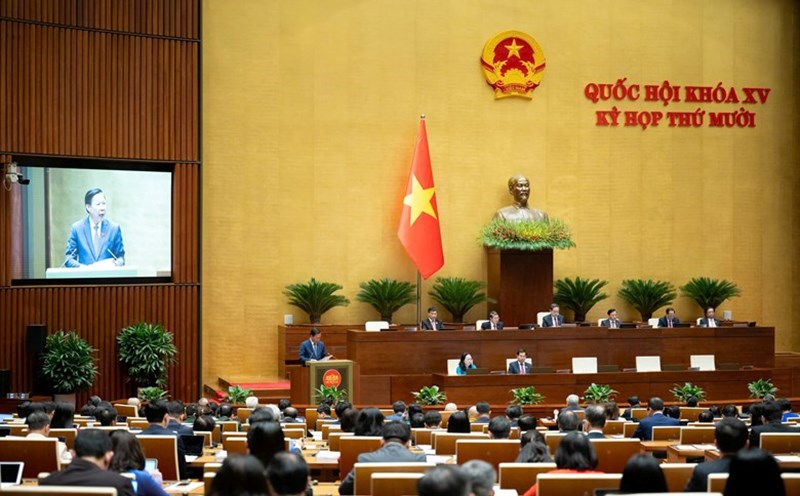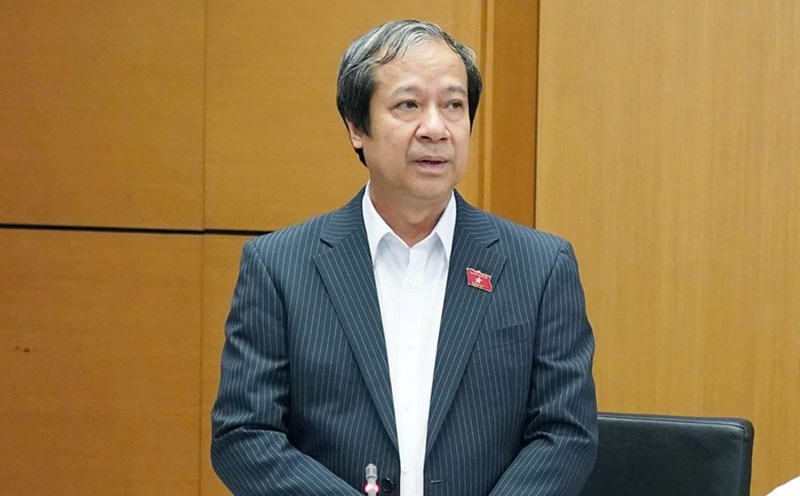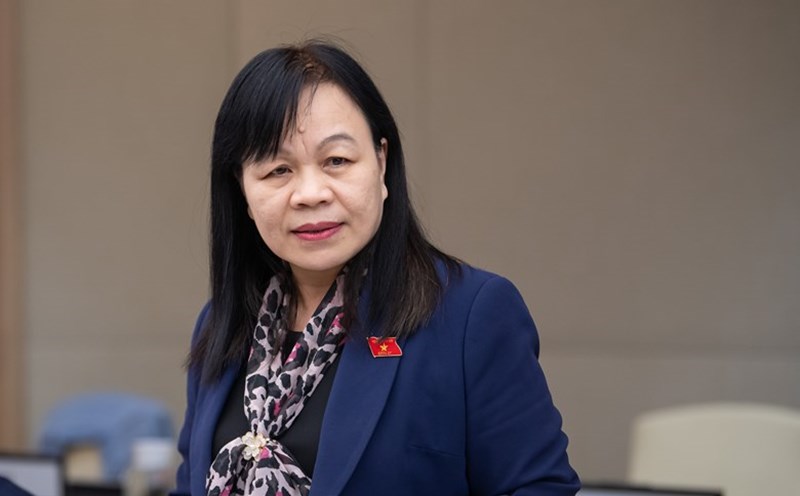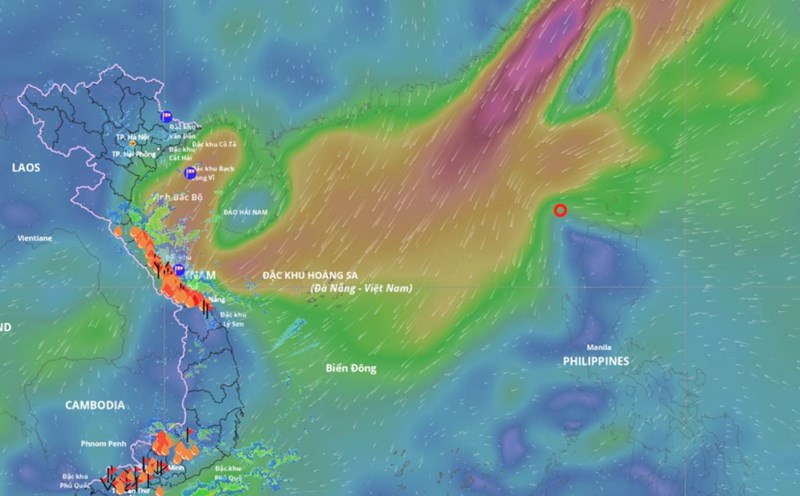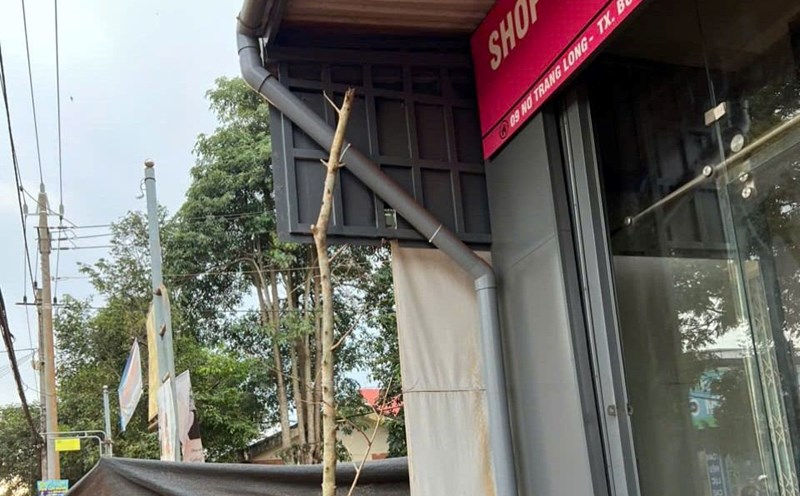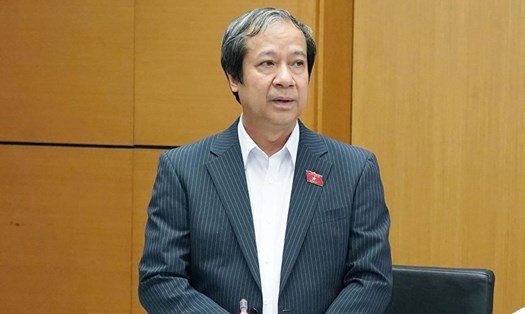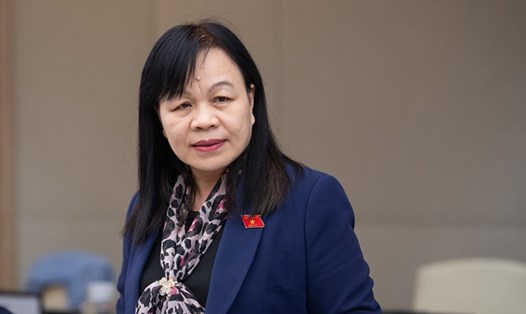On the morning of October 23, Minister of Culture, Sports and Tourism Nguyen Van Hung, authorized by the Prime Minister, presented the Press Law (amended) project.
The draft revised Press Law consists of 4 chapters and 51 articles (2 chapters and 10 articles less than the 2016 Press Law), expected to be considered and approved by the National Assembly at the 10th session.
The amended Law only regulates framework issues, issues of principle under the authority of the National Assembly, while practical issues that are often subject to change are assigned to the Government, ministries, branches and localities to regulate to ensure flexibility and suitability with reality.
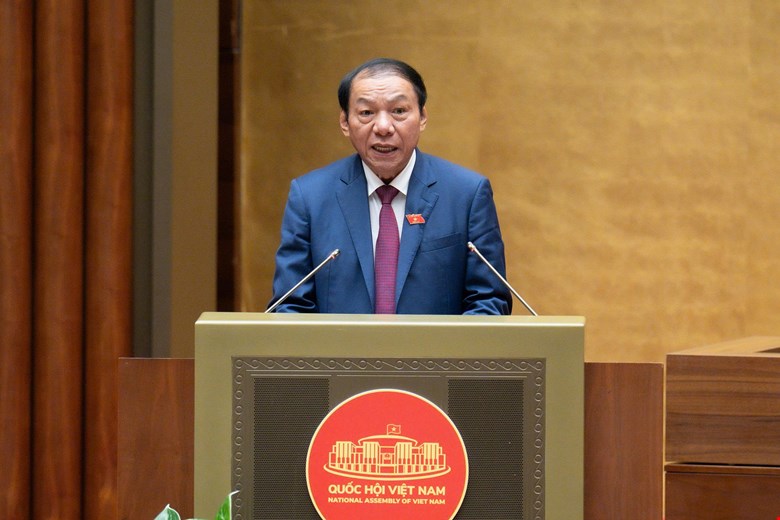
According to the submission, the development of the revised Law aims to perfect legal regulations to institutionalize the Party's guidelines and policies on journalism; adjust and manage journalism activities in a timely and appropriate manner in the context of the strong and rapid development of modern science, technology and media; overcome limitations and shortcomings in current press law.
The drafting agency said that journalism activities in cyberspace have been developing strongly in recent times. Press agencies have content channels on cyberspace to spread press content to readers, exploiting digital advertising revenue.
However, the 2016 Press Law only adjusts traditional journalism methods, lacking regulations on new journalism methods in cyberspace. The State's policy on press development also does not apply to new methods of press operations in cyberspace.
Therefore, this draft is to supplement regulations on the operation of press agencies in cyberspace.
Specifically, Article 30 of the Draft Press Law stipulates Journalism activities in cyberspace as follows:
The cyberspace operations of press agencies must comply with legal regulations on journalism, cybersecurity, regulations on the principles and purposes of press agencies and in accordance with international treaties to which the Socialist Republic of Vietnam is a member.
In addition to posting and distributing press content, press agencies are also allowed to integrate online service activities in newspapers according to Government regulations.
The national press digital platform operator is responsible for ensuring the integrity of the information content posted and broadcast on the national press digital platform.
The draft also stipulates that press agencies when opening content channels on cyberspace must be responsible for the content and copyright when posting and broadcasting information on content channels on cyberspace;
Not responsible for information content changed due to errors of the social network operator;
Put information on the content channel of the press agency in cyberspace before or after editing, updating information in the press and storing content published on cyberspace on the server system according to the provisions of this Law on electronic press archive;
Implement notification to state management agencies of the press when opening content channels in cyberspace and connect online to the file system of state management agencies of the press to serve the measurement of information trends in cyberspace according to Government regulations.
The draft law also adds the concept of cyberspace press publishing, cyberspace press agency content channels, and National Digital Press Platform to stipulate the principle of managing newspaper activities only in cyberspace.
At the same time, it added a regulation on the State investing in digital tools to monitor press activities in cyberspace to serve press management.

